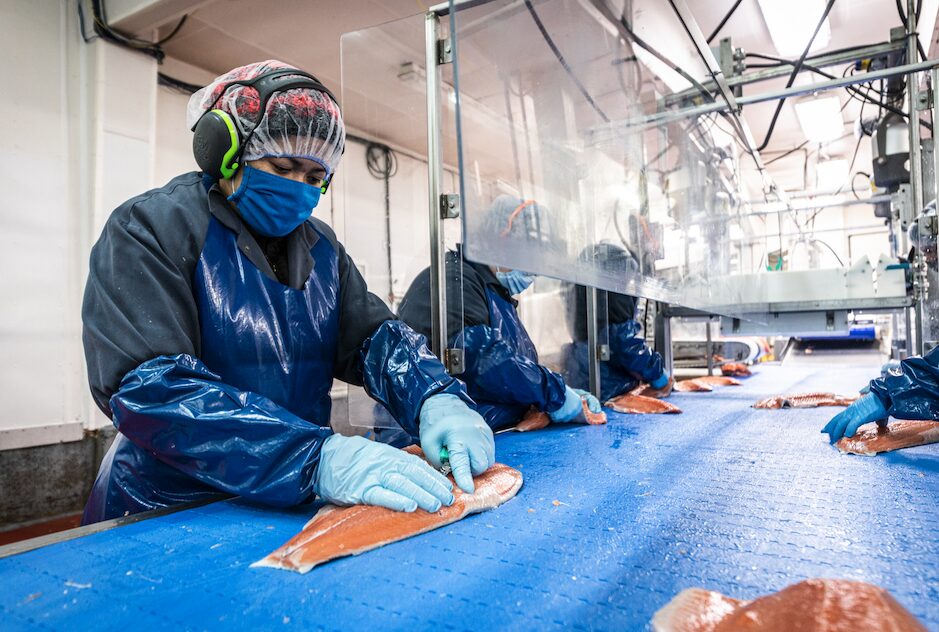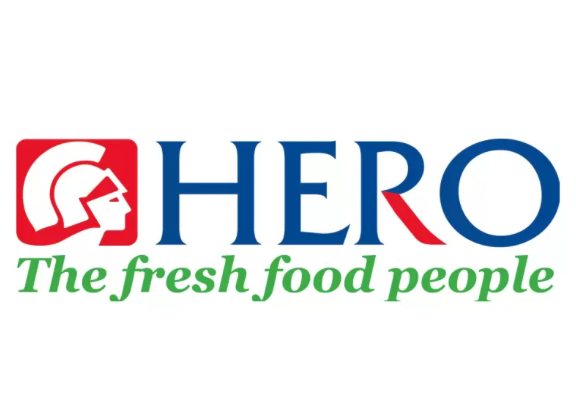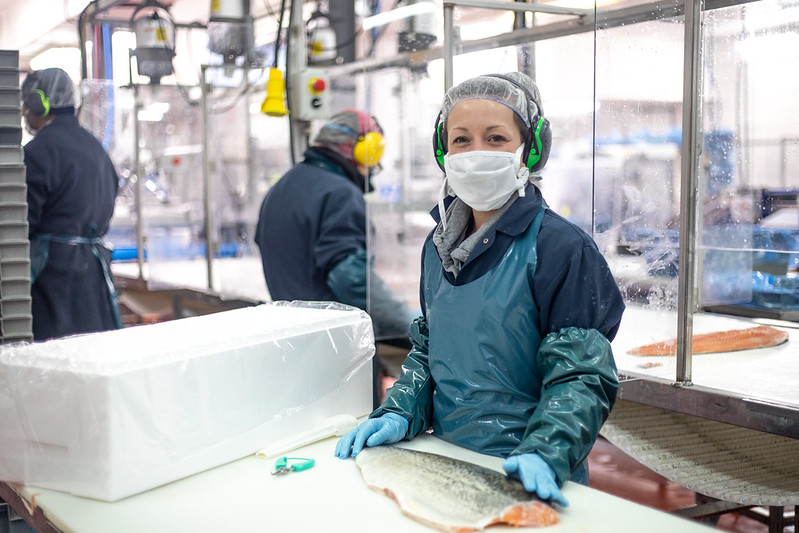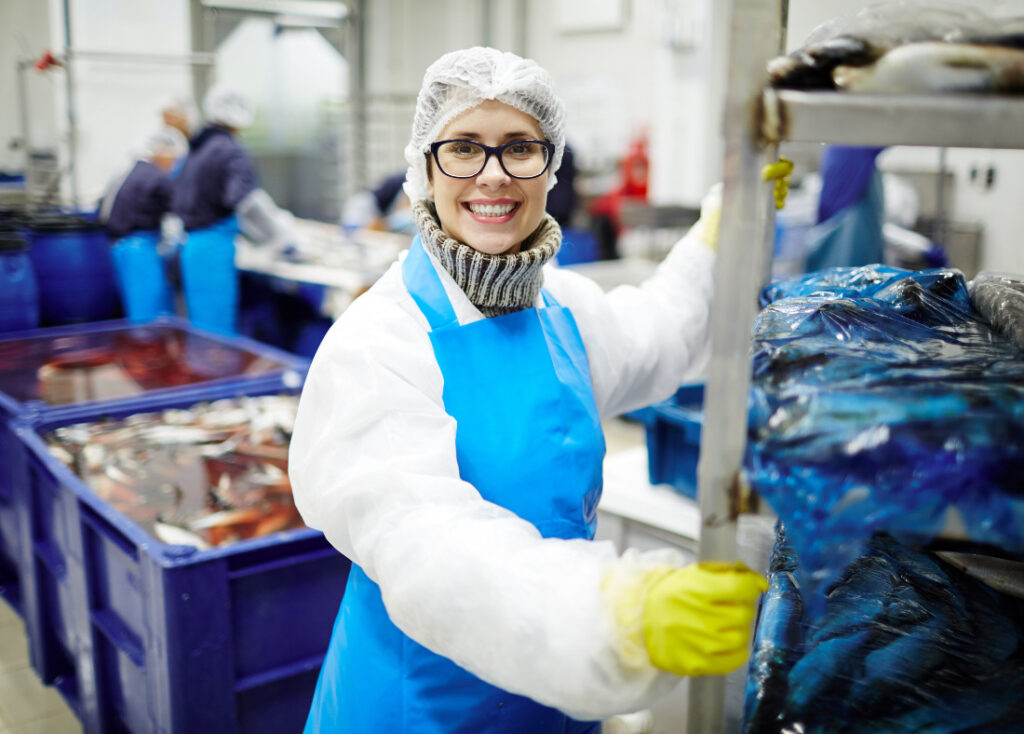New Edition of Responsible Fishing Vessel Standard Released
Issue 2.0 of the Responsible Fishing Vessel Standard (RFVS) has been published following a 60-day public comment period and board approval, the Global Seafood Alliance (GSA) announced on July 25.
RFVS Issue 2.0 replaces Issue 1.1. Lessons learned during certification pilots as well as feedback provided by industry partners were applied to Issue 2.0 in an effort to strengthen its credibility as a global assurance of crew rights and welfare onboard certified fishing vessels. Issue 2.0 incorporates a number of new requirements, most notably the development and incorporation of a zero tolerance policy for managing instances of serious human rights atrocities affecting crew members and the use of illegal child labor into the Responsible Fishing Vessel Standard requirements. Also, support/tender vessels can now be included, audited, and certified as part of the group/fleet assessment process.
The Responsible Fishing Vessel Standard is part of GSA’s Best Seafood Practices (BSP) third-party certification program, which includes the Seafood Processing Standard. This is the first significant update to RFVS since June 2020, when GSA initially adopted Issue 1.0. The first vessel to attain RFVS certification came in January 2021. There are currently 27 RFVS-certified vessels covering 610 crew members across the world, with another two fleets already in the process of getting certified to this new issue of the RFVS.
Vessels currently certified under RFVS Issue 1.1 will not be subject to these new requirements until their current certification expires, which is three years after the initial certification date.
About Best Seafood Practices
Best Seafood Practices is a third-party certification program administered by the Global Seafood Alliance, an international, nonprofit association dedicated to advancing responsible seafood practices through education, advocacy and third-party assurances. BSP is the world’s only third-party certification program capable of linking responsible wild fisheries to certified vessels and processing plants. BSP provides assurances to the marketplace that wild seafood has been harvested and processed in an ethical manner with respect for the wellbeing and security of all workers across the supply chain. Visit bspcertification.org.




